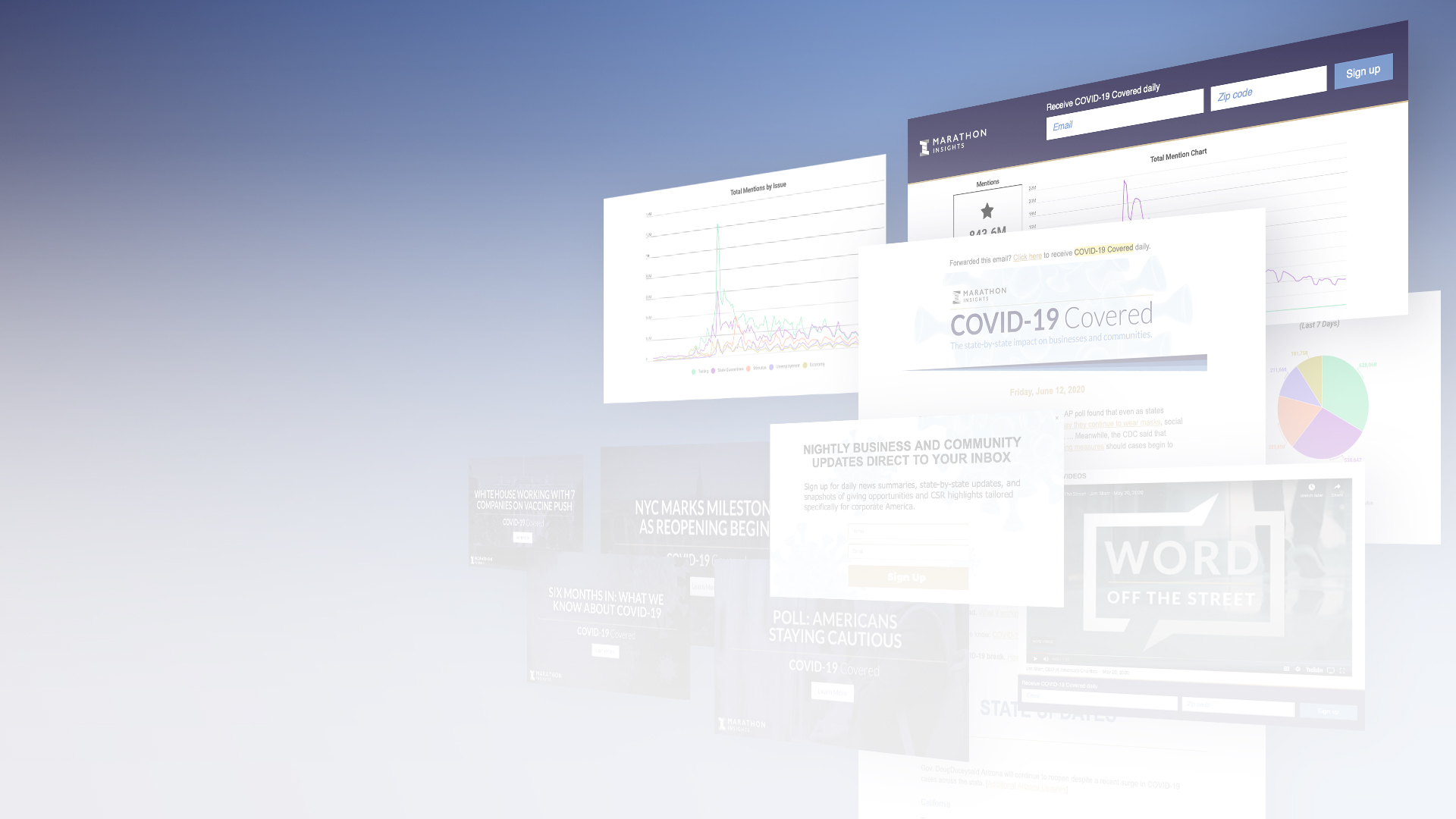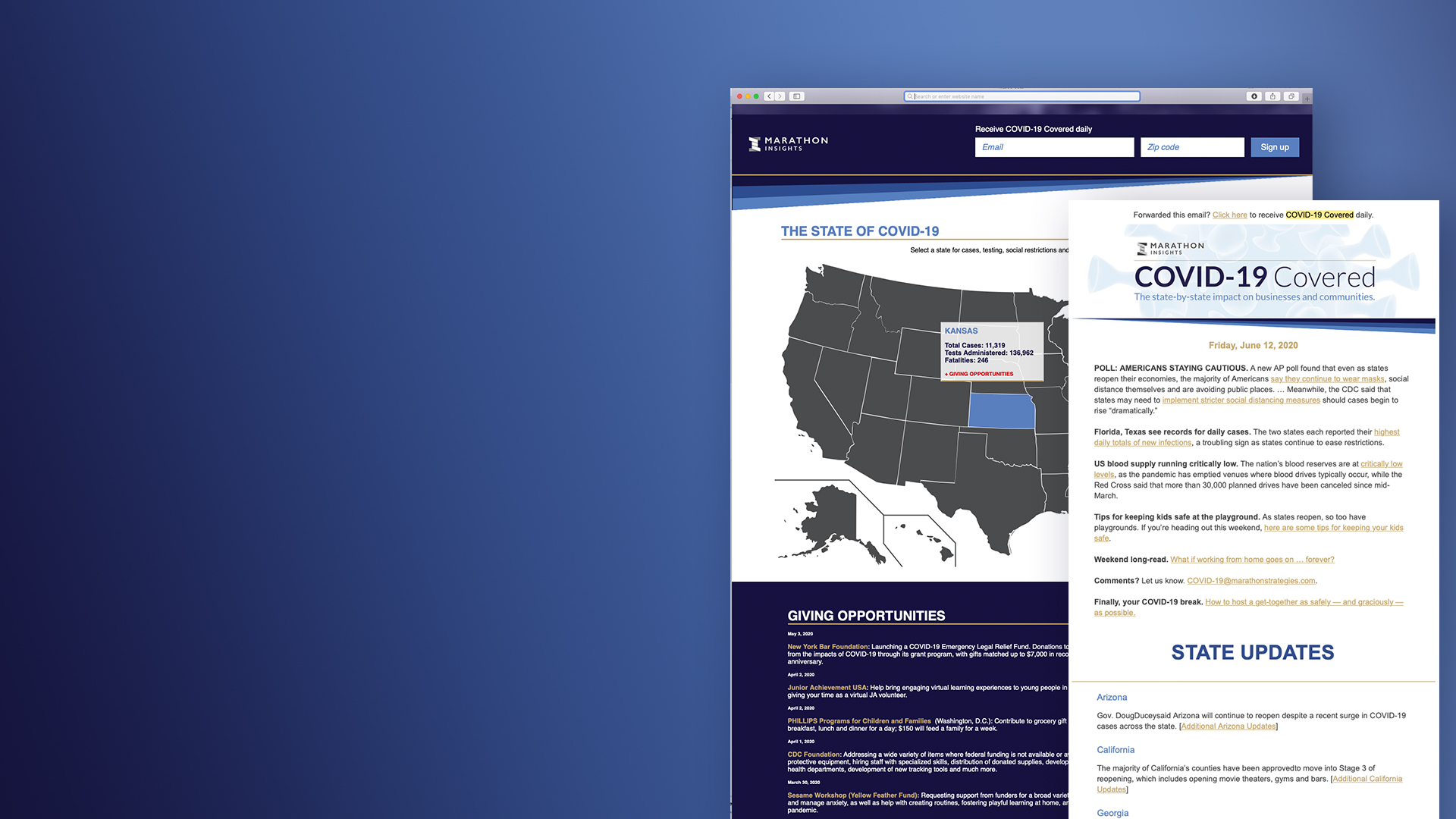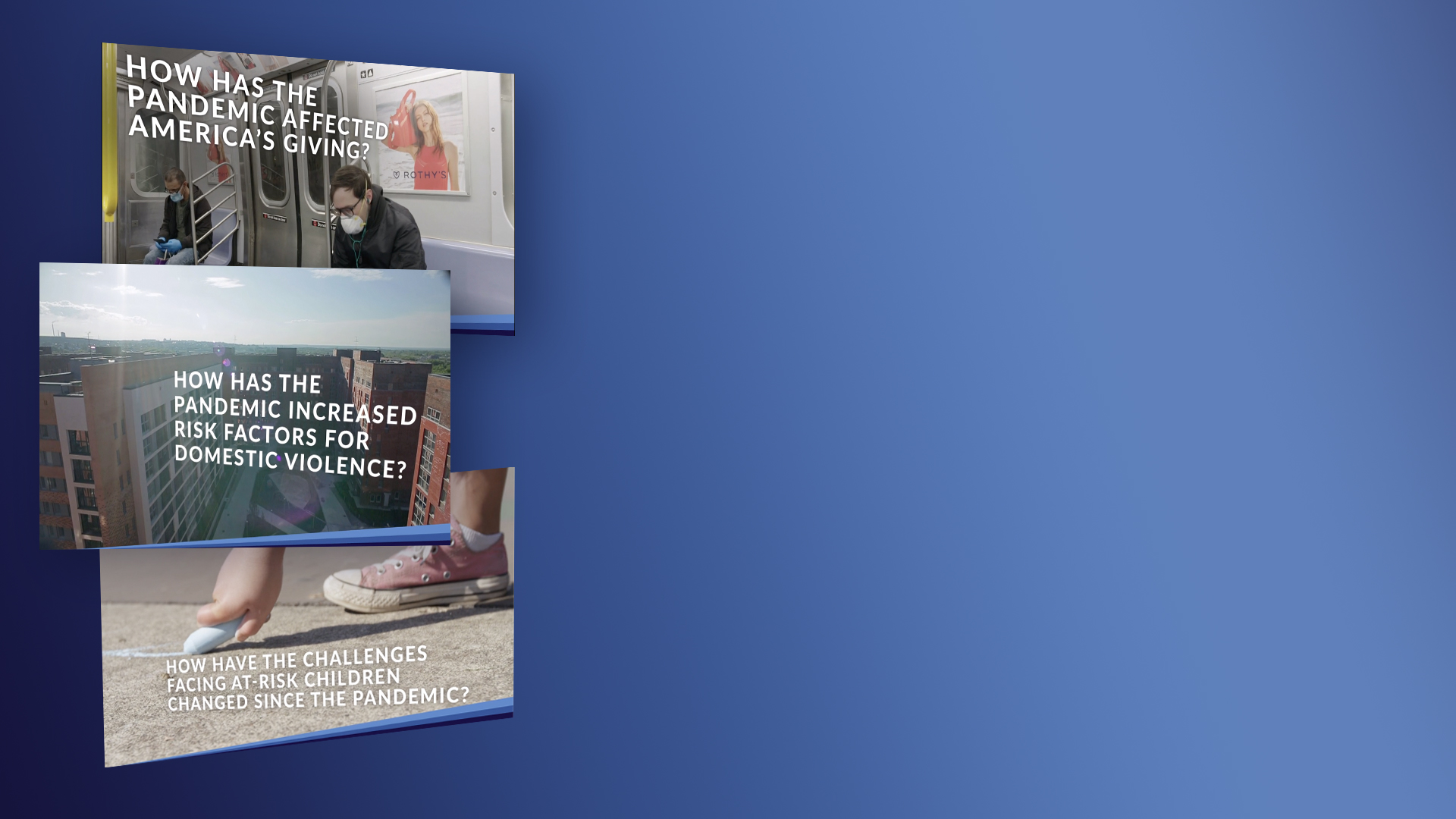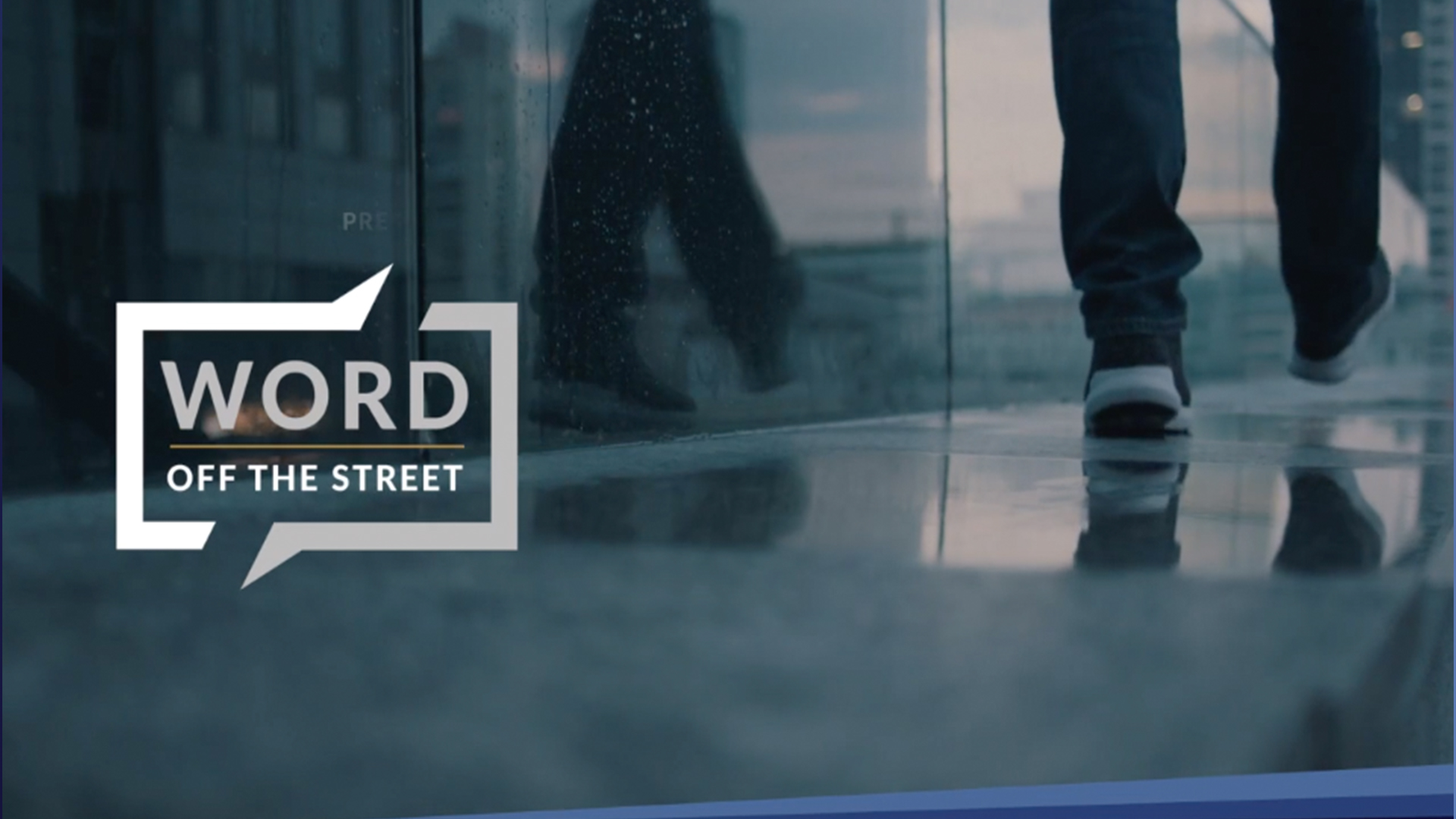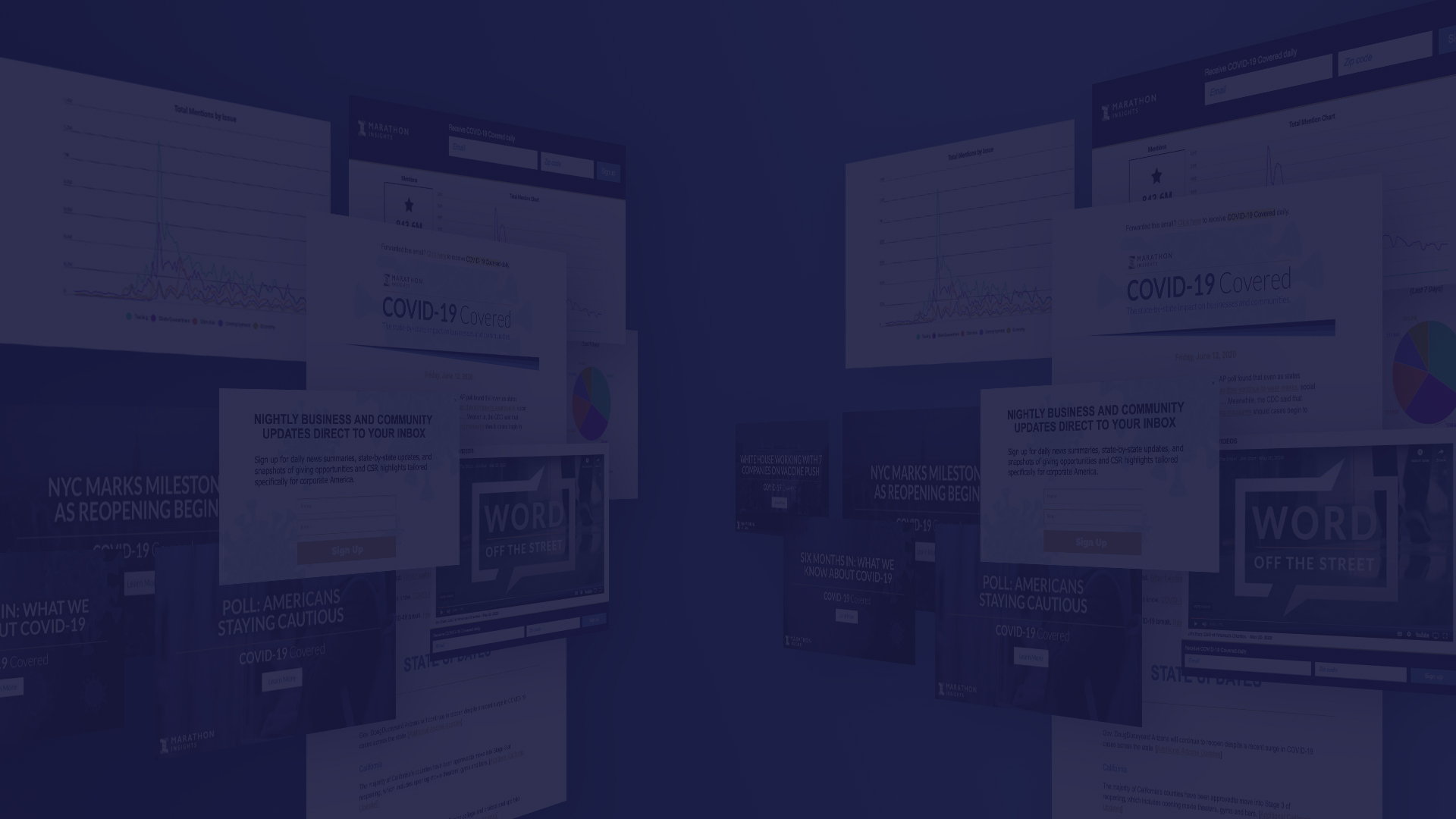COVID-19 Covered demonstrates our integrated rapid response capabilities at their best.
With the impact of the novel coronavirus changing by the minute, we created COVID-19 Covered. As a nightly newsletter and daily-updated website, COVID-19 Covered gives corporate America, nonprofits, and philanthropies need–to–know information during this unprecedented crisis.

